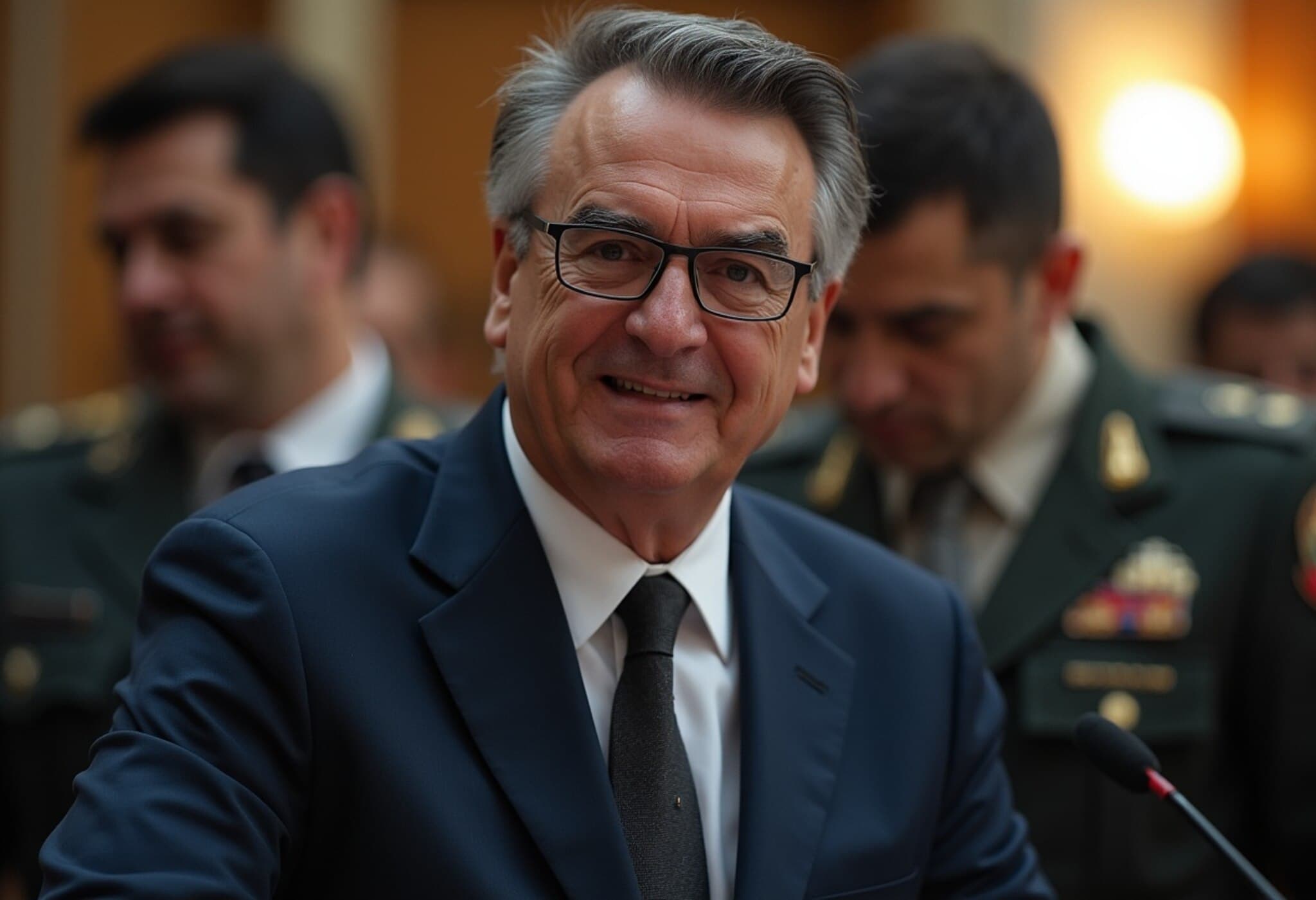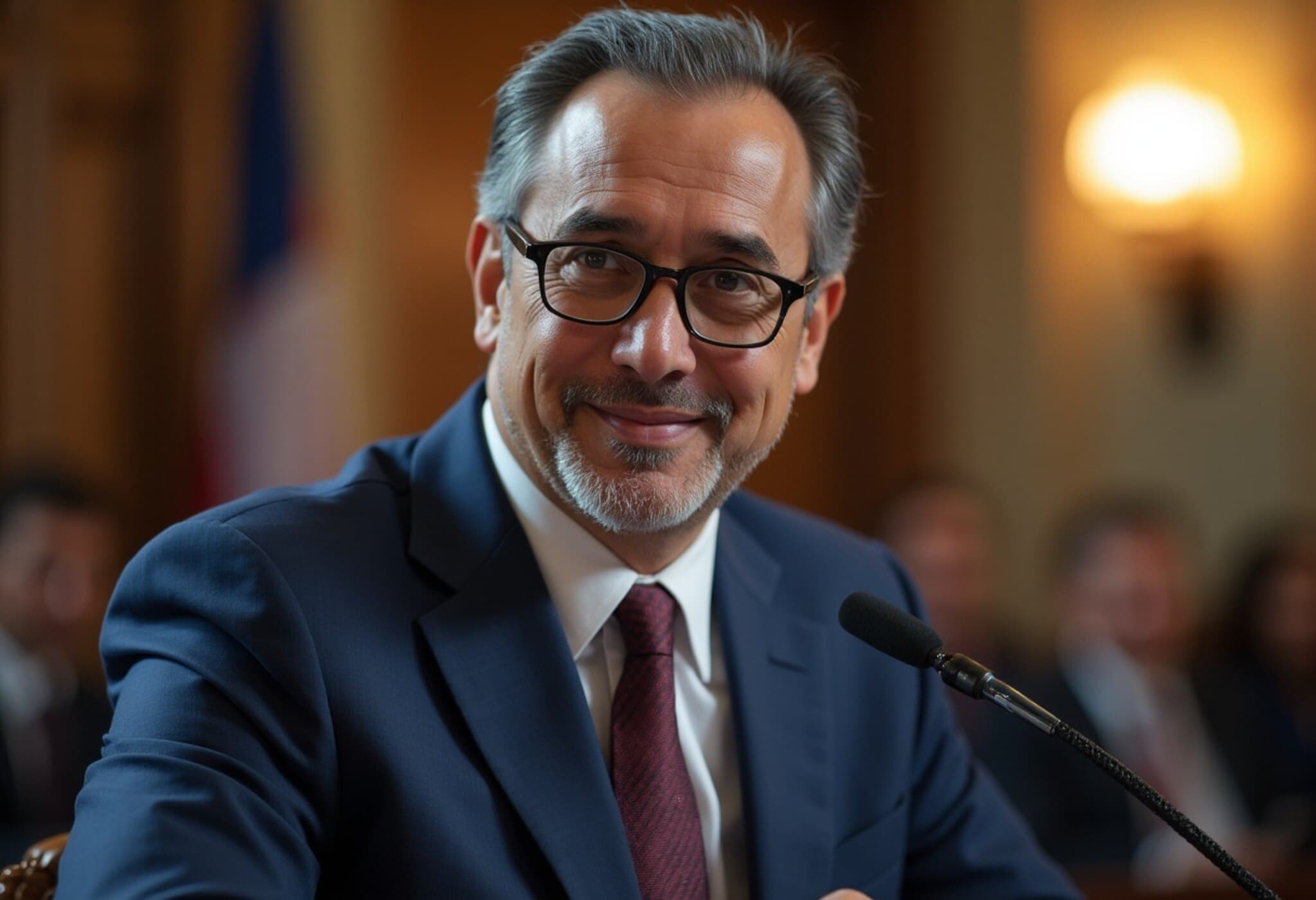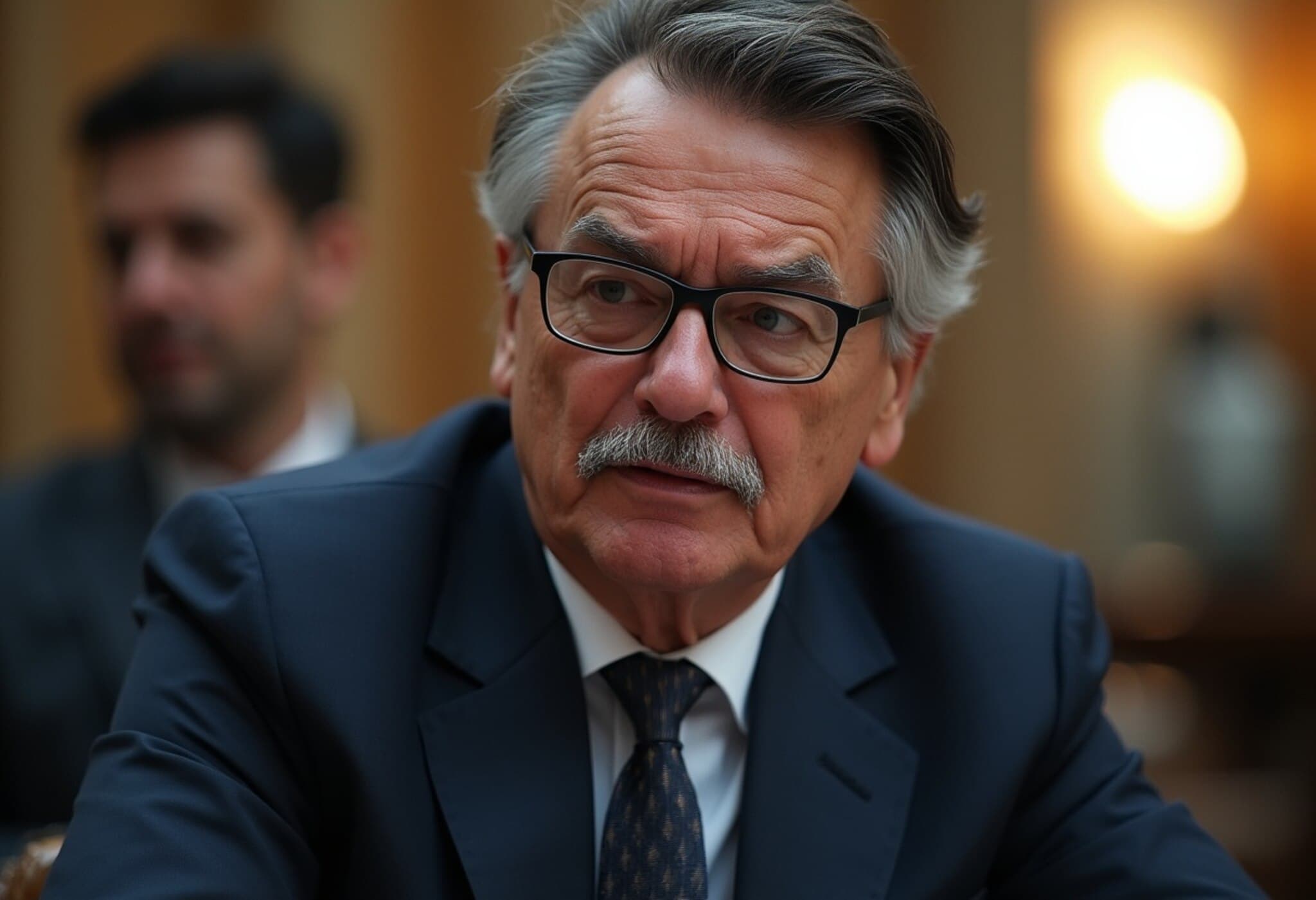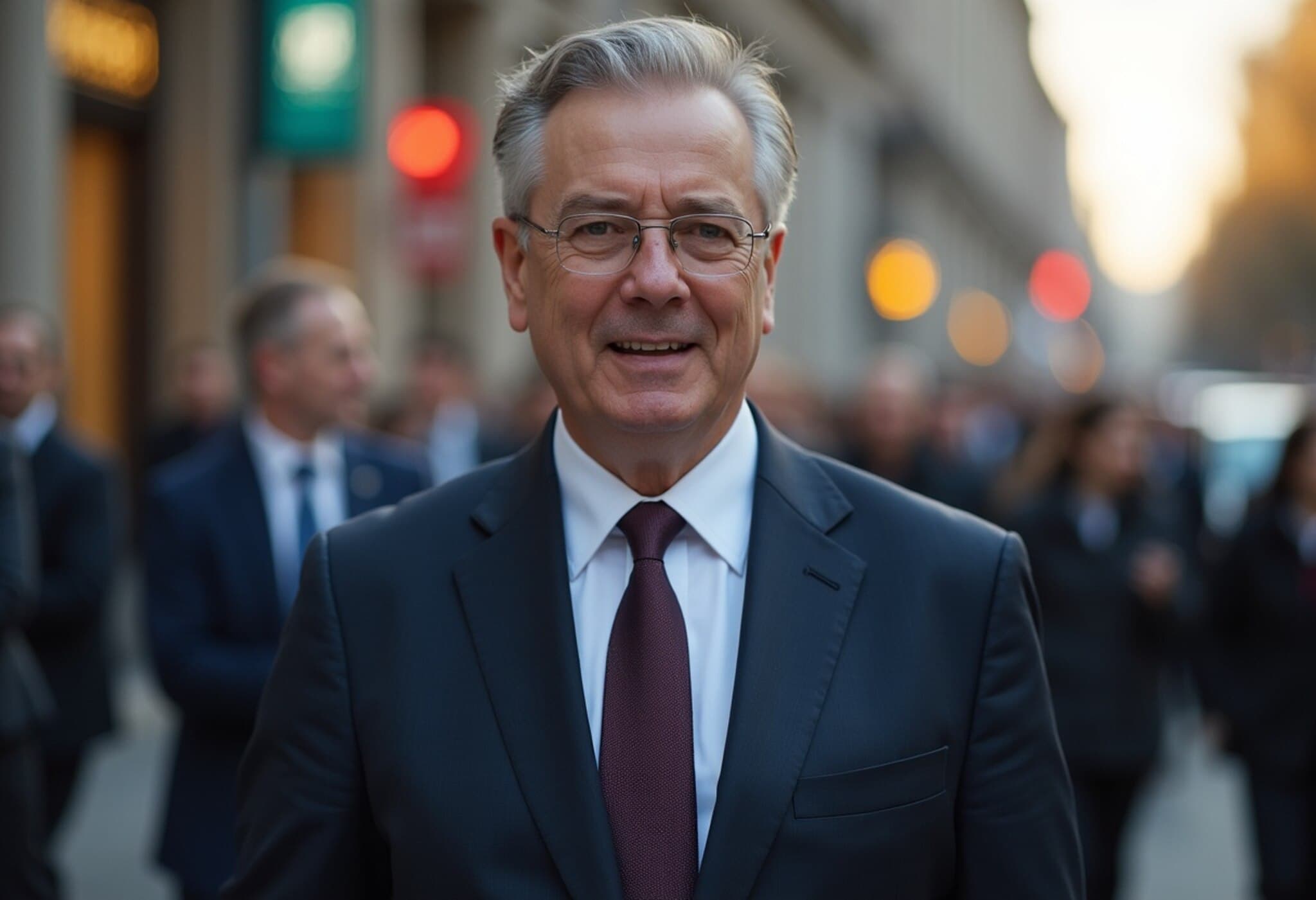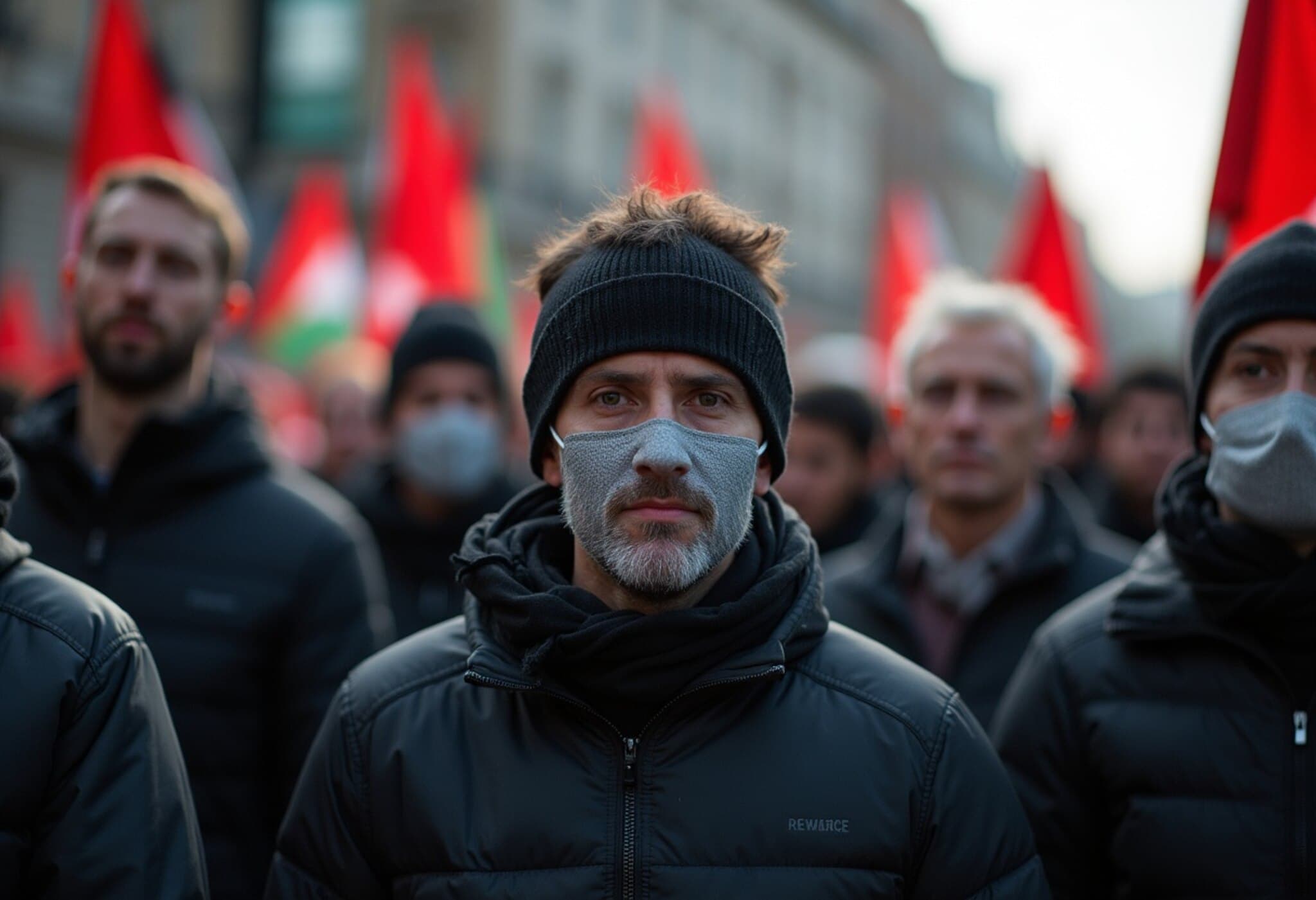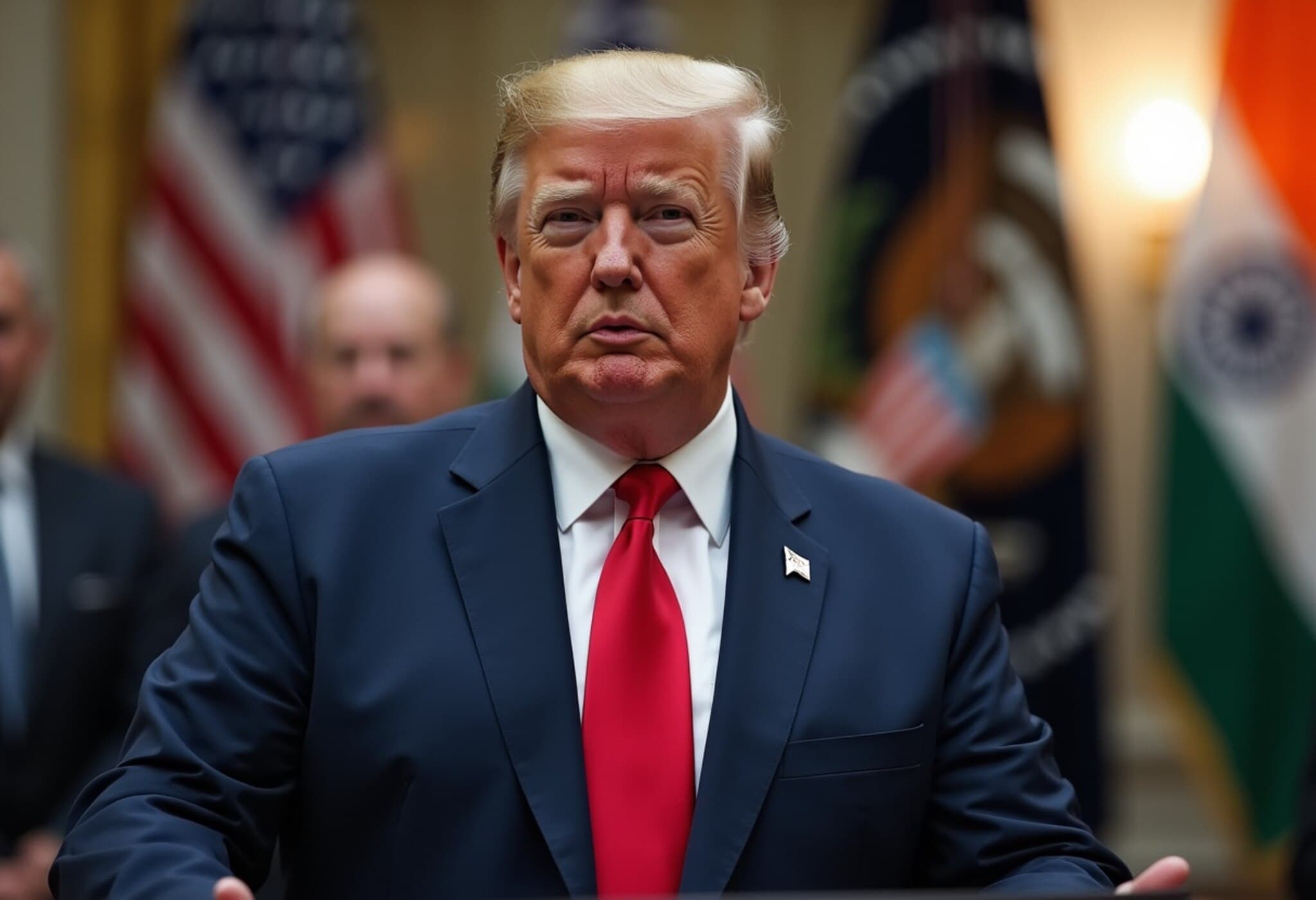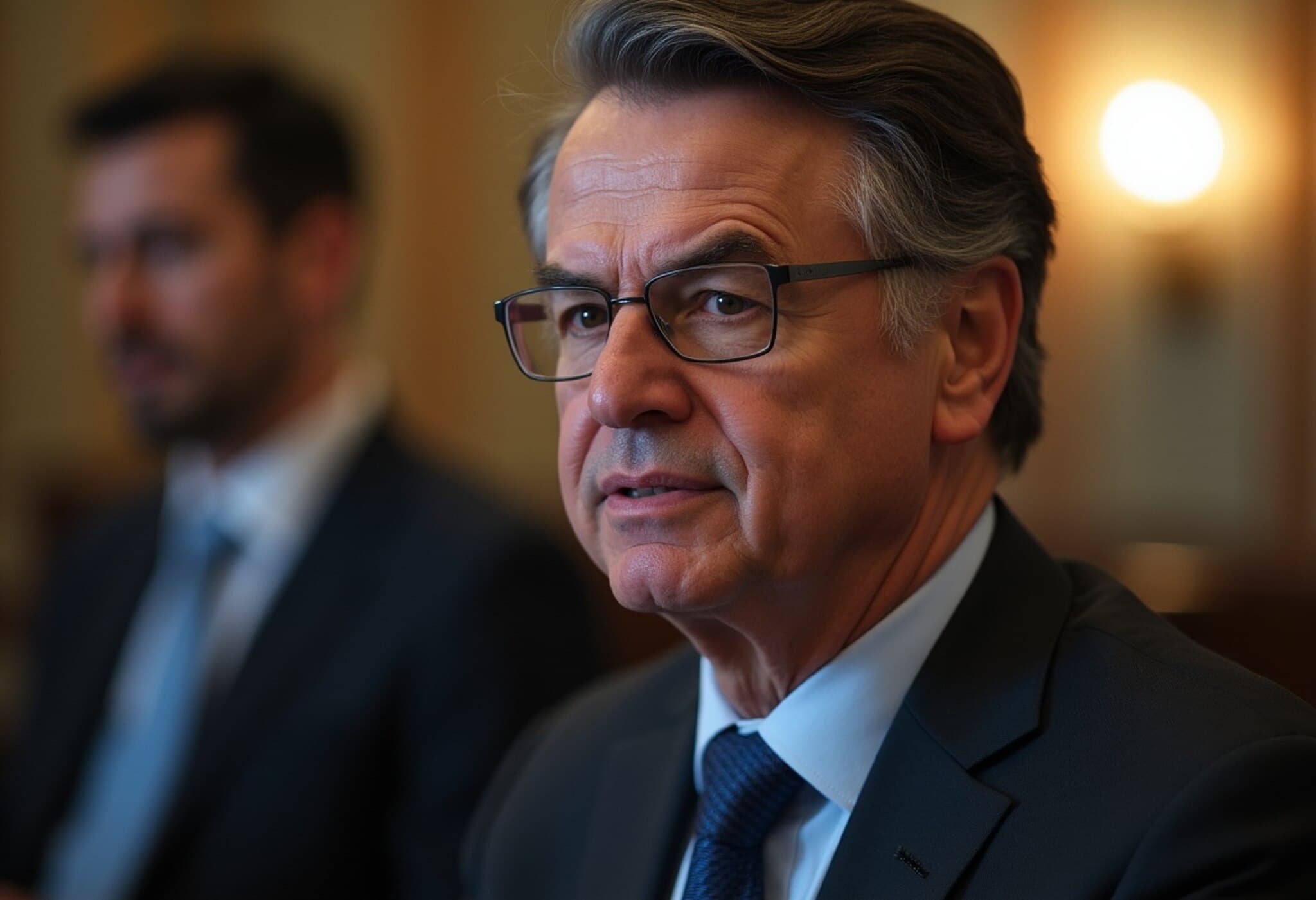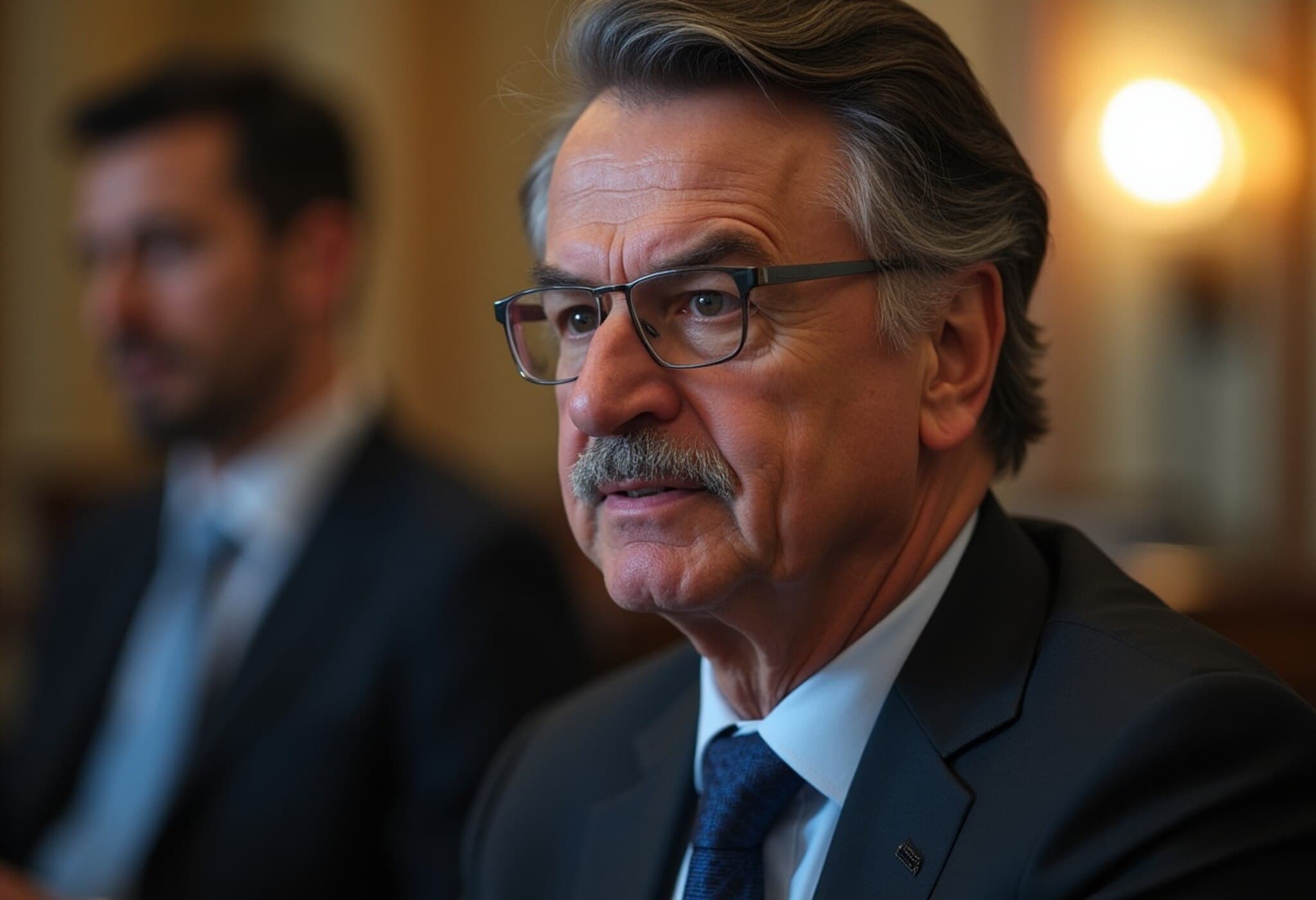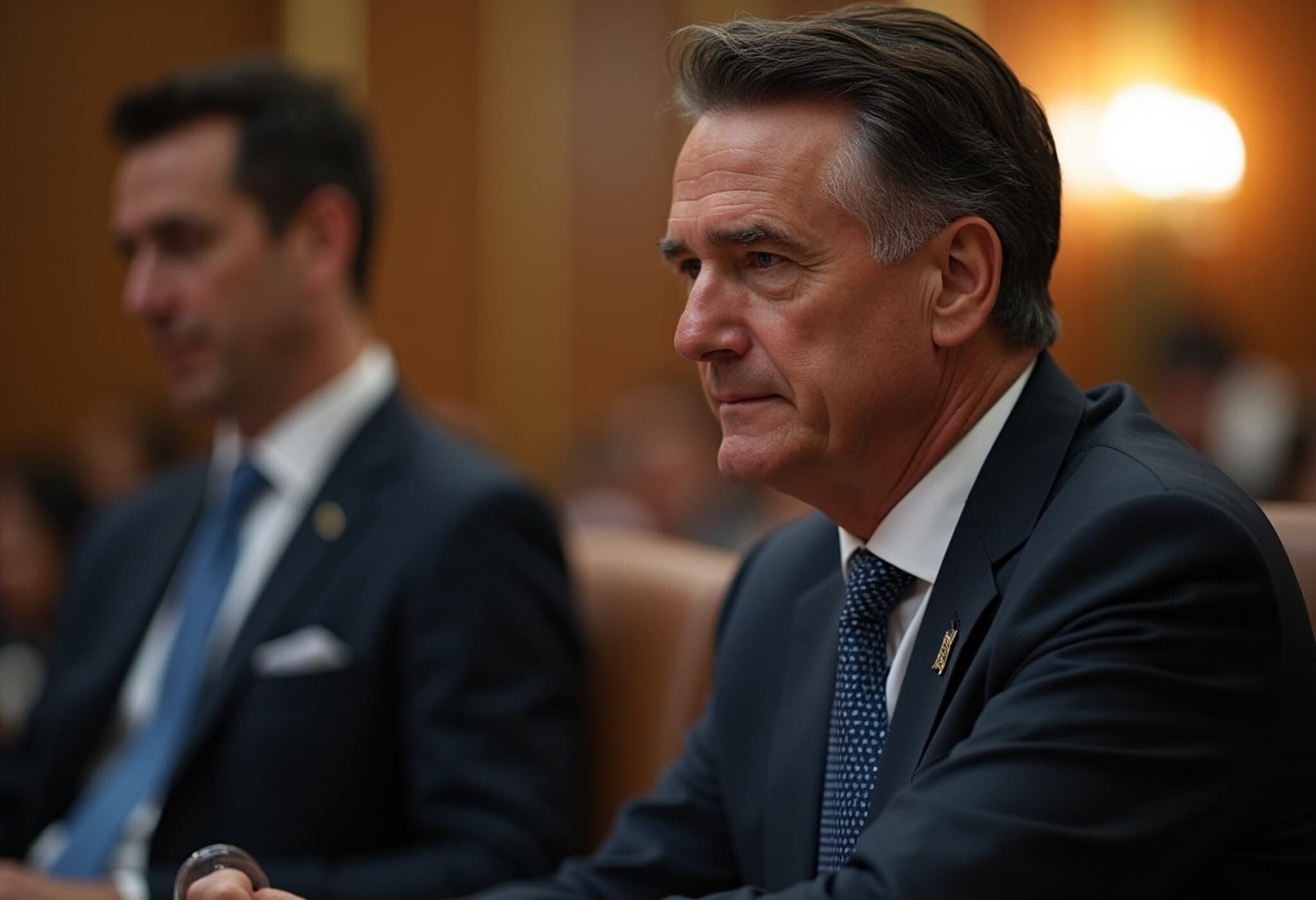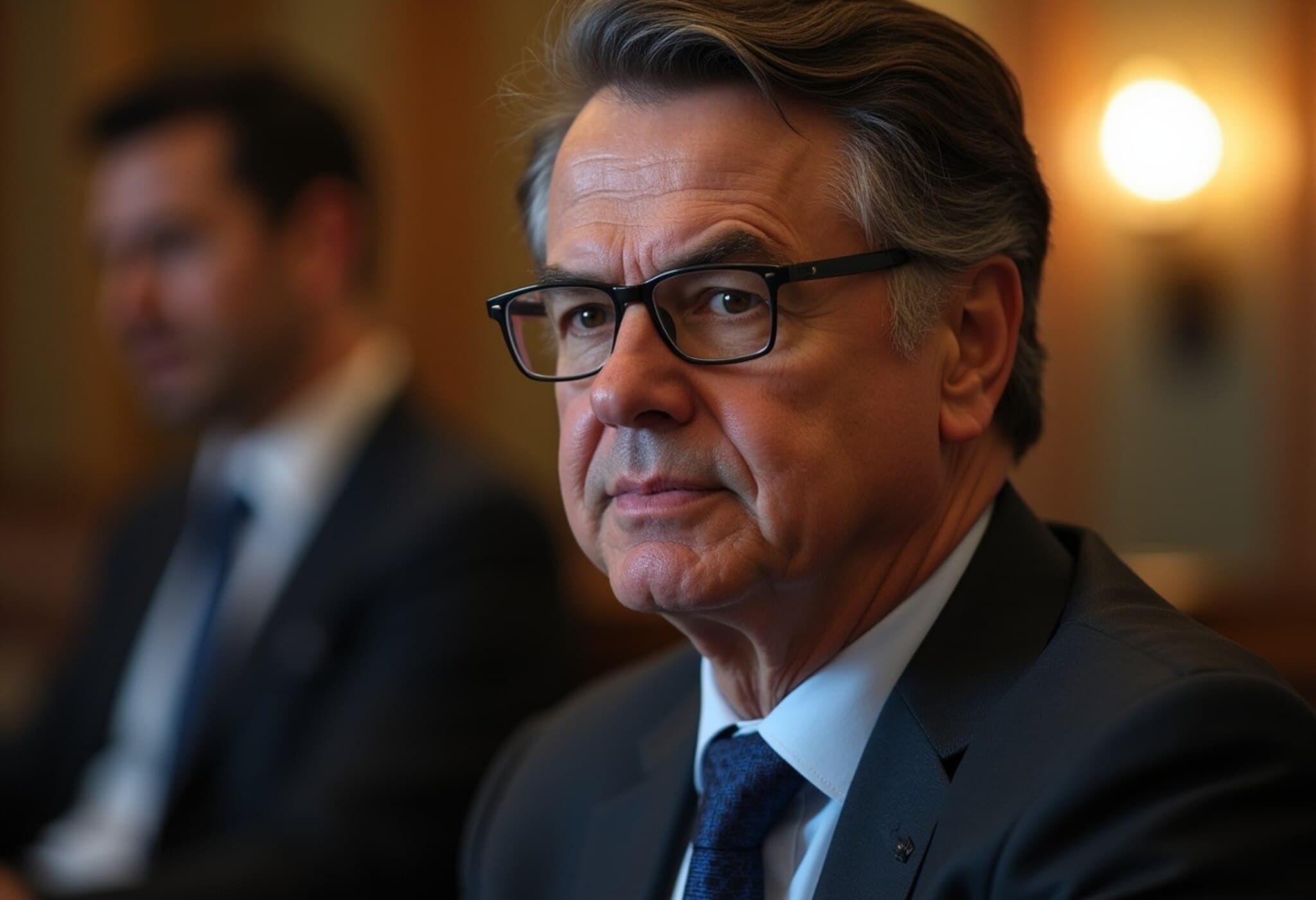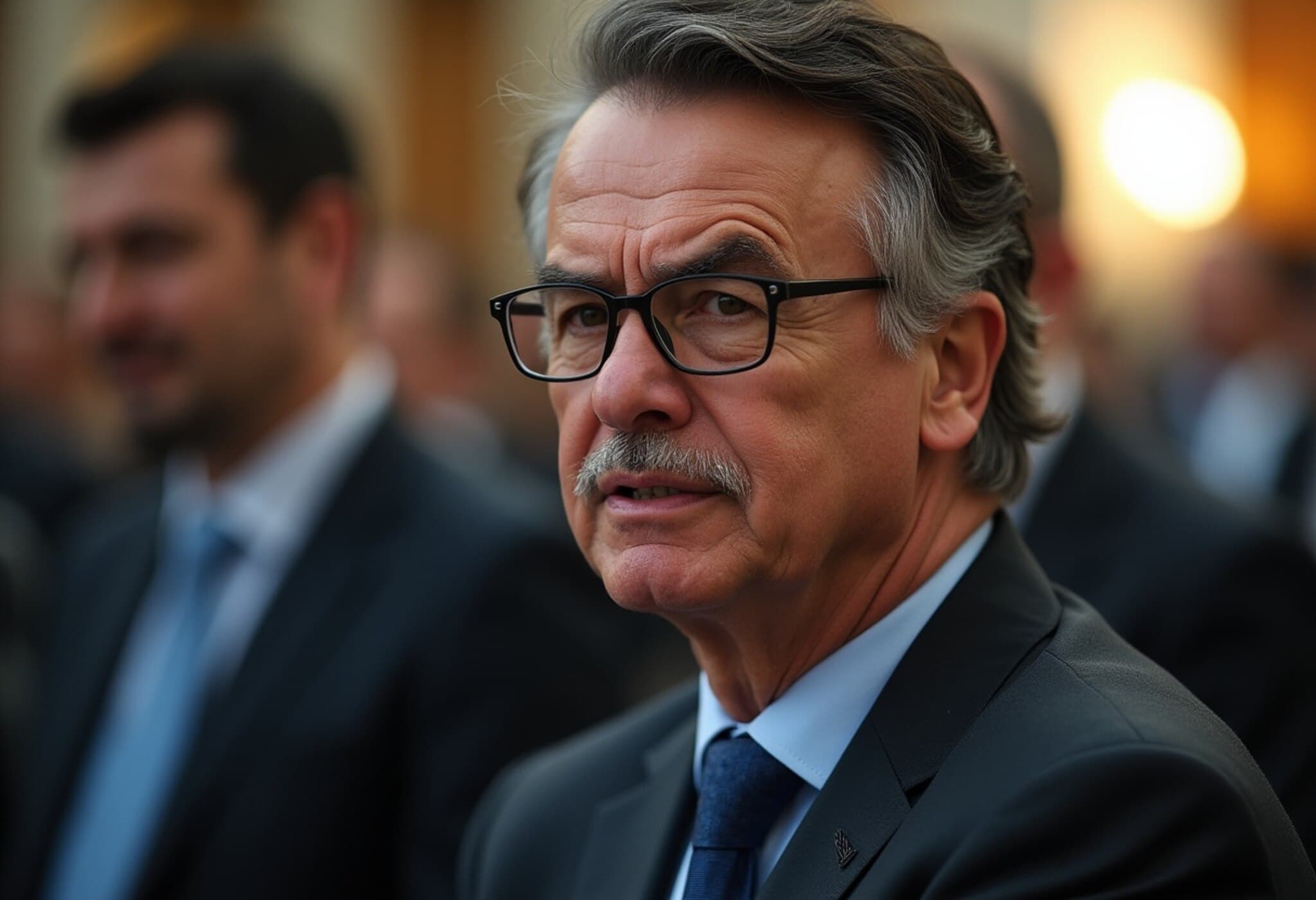Brazil’s Supreme Court Enforces House Arrest on Former President Jair Bolsonaro
In a decisive move that has captured international attention, Brazil’s Supreme Court on Monday ordered former President Jair Bolsonaro, 70, into house arrest. This decision stems from a high-profile trial accusing Bolsonaro of orchestrating a criminal conspiracy to overturn the 2022 election results, an episode that has deeply polarized Brazilian society and drawn criticism from global observers.
Details Behind the House Arrest Order
Justice Alexandre de Moraes, who presides over Bolsonaro’s case at the Supreme Court, cited violations of precautionary measures as a key factor in his ruling. Bolsonaro had allegedly breached court directives by posting content through social media accounts managed by his three lawmaker sons, actions that the court deemed a direct challenge to judicial authority.
Additionally, the court reinforced previous restrictions, including electronic ankle monitoring and imposed curfews. Following Monday’s ruling, federal agents reportedly seized cell phones from Bolsonaro’s residence in Brasília, intensifying scrutiny amid the ongoing proceedings.
Charges: Allegations of a Coup Plot and Election Subversion
Brazilian prosecutors contend that Bolsonaro led a criminal organization conspiring to invalidate the 2022 election results, which saw his defeat by Luiz Inácio Lula da Silva (Lula). Disturbingly, the accusations include plans to assassinate both President Lula and Justice de Moraes, amplifying the gravity of the case.
This trial not only challenges Bolsonaro’s political legacy but also threatens to reshape Brazil’s democratic landscape, once marred by military rule between 1964 and 1985—a period Bolsonaro openly supported.
Political Turmoil and Regional Implications
The timing of Bolsonaro’s house arrest coincides with political protests, as thousands of his supporters rallied in São Paulo and Rio de Janeiro, demanding pardons for Bolsonaro and others accused of involvement in the violent January 8, 2023, attacks on government buildings in Brasília.
Adding complexity, U.S. President Donald Trump — a known ally of Bolsonaro — has publicly condemned the proceedings, labeling them a 'witch hunt'. This rhetoric intensified when Trump linked a 50% tariff on imported Brazilian goods to Bolsonaro's judicial treatment, marking a rare episode of diplomatic friction amid a trade dispute between Brazil and the U.S.
Expert Insights: The Road Ahead for Brazil’s Political Future
Political analyst Creomar de Souza of Dharma Political Risk and Strategy notes that Bolsonaro’s house arrest signals a volatile phase ahead of Brazil’s 2026 elections. "We should expect heightened political polarization, with Bolsonaro supporters doubling down on right-wing mobilization, while the Lula administration strives to project effective governance amid the turmoil," de Souza explained.
This bifurcated political landscape may challenge democratic institutions and policymaking, underscoring the delicate balance Brazil must maintain to uphold rule of law and democratic norms.
Contextualizing Brazil’s Legacy of Former Presidents Under Legal Scrutiny
Bolsonaro is the fourth ex-president since the military regime’s end to face detention or charges. Previous leaders included:
- Luiz Inácio Lula da Silva – Imprisoned for 580 days on corruption allegations later overturned due to judicial bias.
- Michel Temer – Briefly detained amid graft investigations.
- Fernando Collor de Mello – Impeached and sentenced to over eight years on corruption charges.
This pattern highlights Brazil’s ongoing struggle to reconcile its democratic ambitions with lingering issues of corruption, accountability, and political retribution.
Legal and Democratic Stakes
Justice de Moraes criticized Bolsonaro for promoting content that encouraged attacks on the Supreme Court and even hinted at foreign interference potentially linked to U.S. political figures — a grave accusation with potential diplomatic repercussions. Measures now restrict Bolsonaro’s communication and allow visits only from family and legal counsel, signaling the court's intent to tightly control his influence during the investigation.
Editor’s Note
The unfolding saga of Jair Bolsonaro’s house arrest not only reflects Brazil’s fragile democratic fabric but also raises critical questions for global observers:
- What does Bolsonaro’s case reveal about the resilience and challenges of democratic institutions in emerging economies?
- How might escalating tensions between Brazil and the U.S., intertwined with judicial proceedings, affect regional trade and diplomacy?
- What are the risks and opportunities for Brazil’s political stability as it heads toward its 2026 elections amid such profound polarization?
As Brazil grapples with these challenges, the international community must watch closely, recognizing that the integrity of one nation’s democracy can send ripples far beyond its borders.

